
10th anniversary of the EU Eastern Partnership: what has changed for Azerbaijan?
The Eastern Partnership (EaP) programme for deepening and strengthening relations between the European Union and its six Eastern partner countries – Armenia, Azerbaijan, Belarus, Georgia, the Republic of Moldova, and Ukraine – celebrates its 10th anniversary in May.
Significant progress has been made in various areas of cooperation under the programme. The European Union (EU) is now the largest investor in the economy of Azerbaijan, for example, and its main trading partner, accounting for 48.6% of the country’s total turnover. Over the past 10 years, financial support to Azerbaijani companies has amounted to €222 million.
Azerbaijan is in the lead amongst the six Eastern partner countries participating in the EaP initiative, having implemented a number of twinning projects with the EU. Among them are 38 completed projects, 10 projects in progress, and one project in preparation. This mechanism involves the exchange of best experience and practices between similar state institutions, and as a result, the Azerbaijani partner can choose the most suitable model for itself.
“Every anniversary is an opportunity to look at the path travelled, evaluate results, look ahead, thinking about the future direction of the development,” states Kestutis Jankauskas, head of the Delegation of the European Union to Azerbaijan.
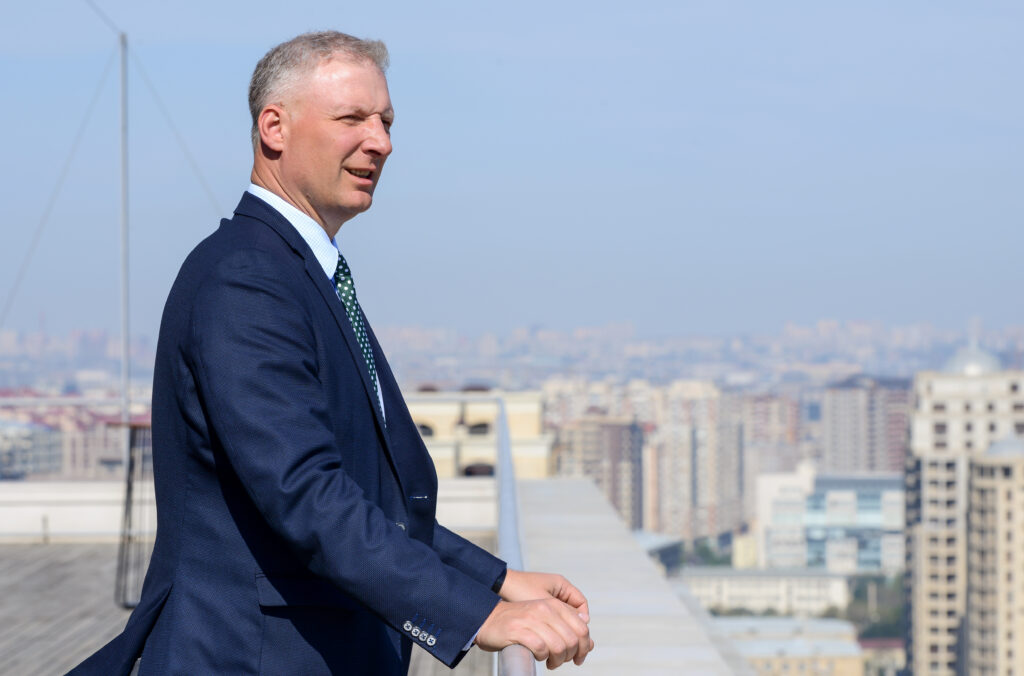 Ambassador Kestutis Jankauskas, Head of the EU Delegation to Azerbaijan
Ambassador Kestutis Jankauskas, Head of the EU Delegation to Azerbaijan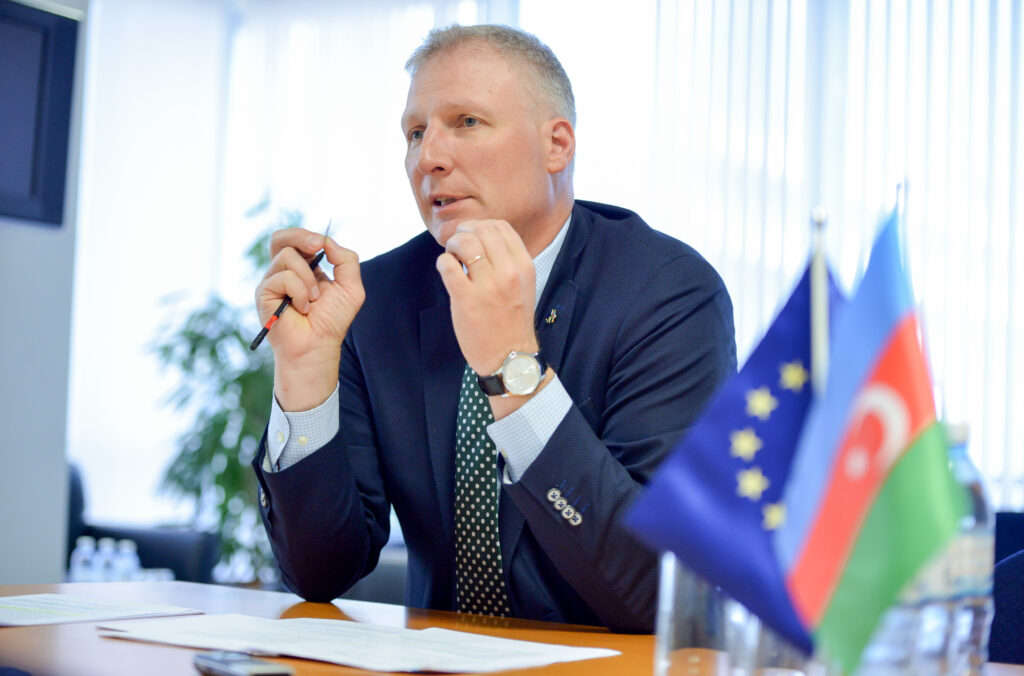 Ambassador Kestutis Jankauskas, Head of the EU Delegation to Azerbaijan
Ambassador Kestutis Jankauskas, Head of the EU Delegation to Azerbaijan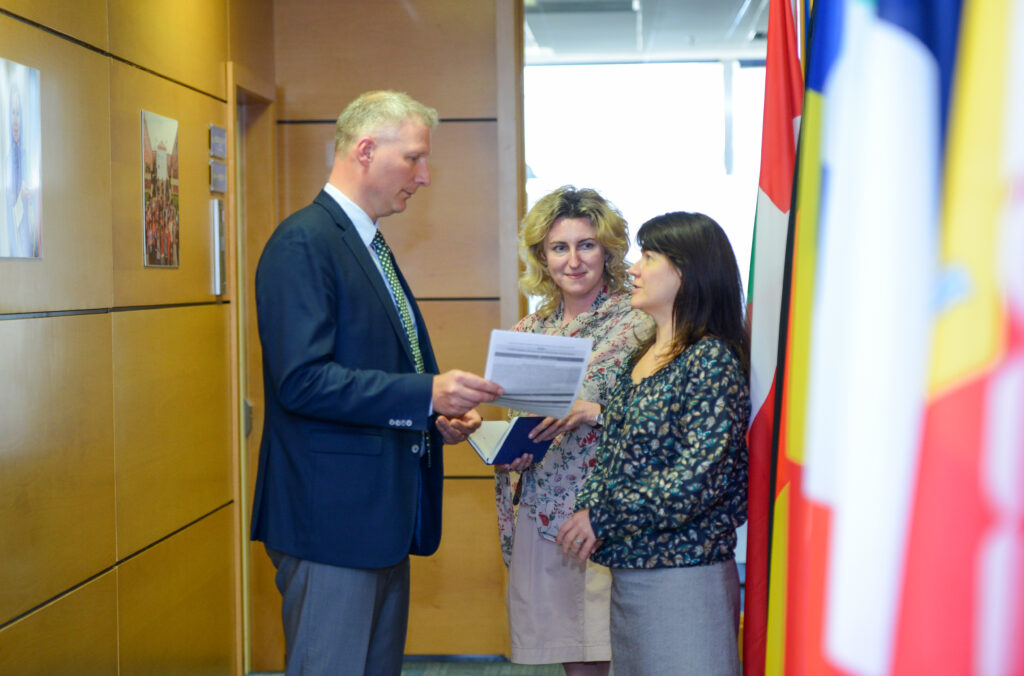 Ambassador Kestutis Jankauskas
Ambassador Kestutis Jankauskas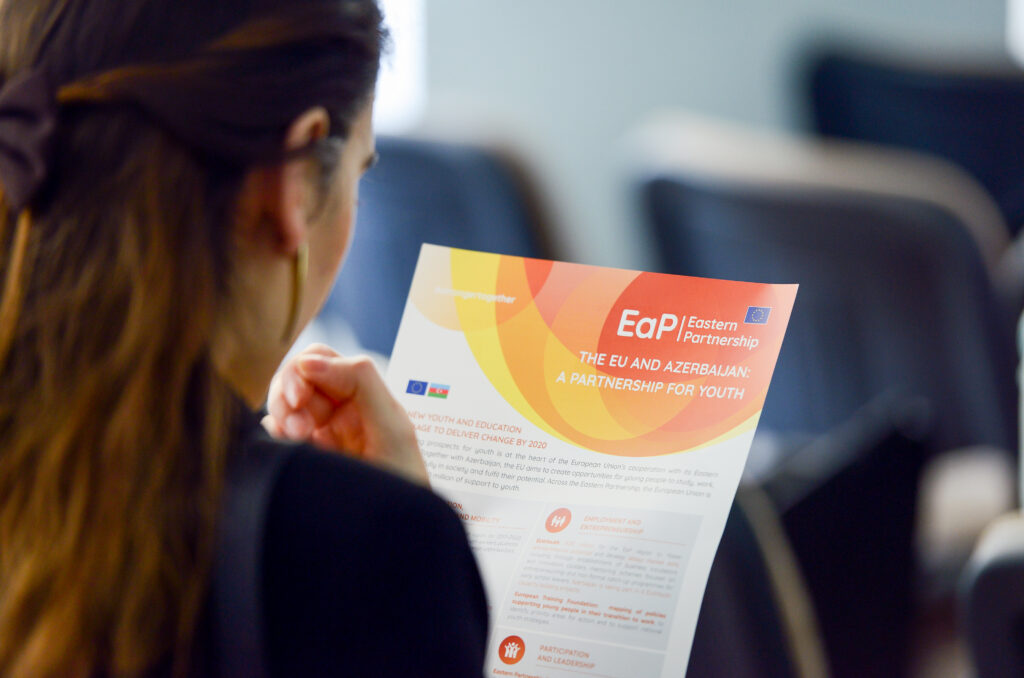 Eastern Partnership initiative celebrates 10th anniversary this year
Eastern Partnership initiative celebrates 10th anniversary this year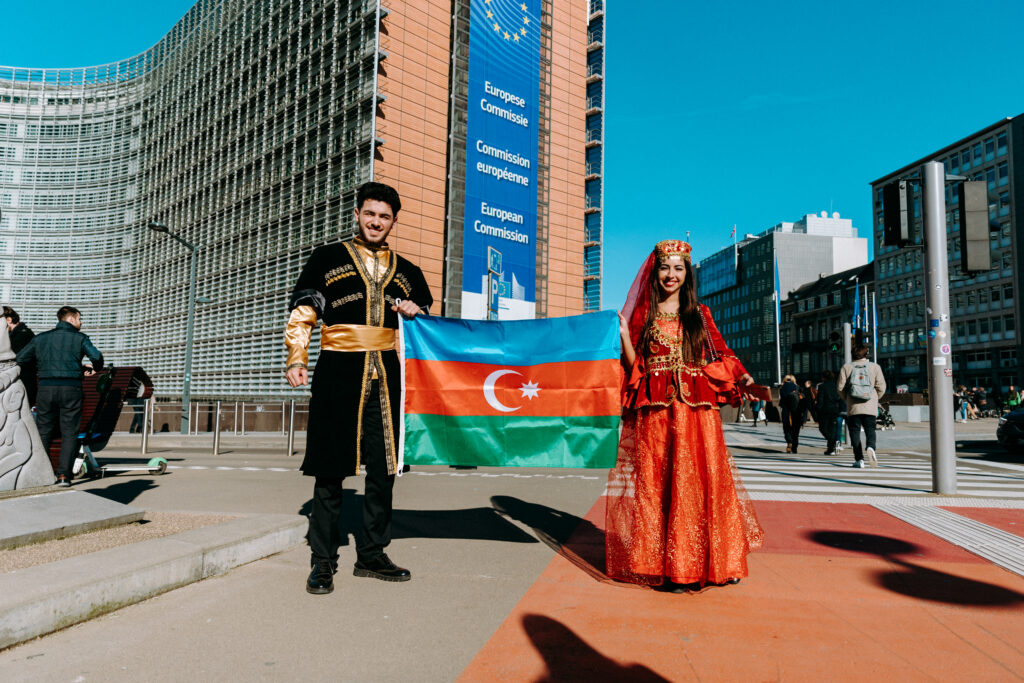 10th anniversary of the EU Eastern Partnership: what has changed for Azerbaijan?
10th anniversary of the EU Eastern Partnership: what has changed for Azerbaijan?
“Did these changes happen only thanks to the EaP programme? Probably not. But it has largely helped to focus the attention of the European institutions and EU Member States on the development of relations with its new eastern neighbours, including Azerbaijan, which is the most remote country geographically compared to others. If we imagine that the EaP did not exist at all, I think there would be much less contact, joint programmes and support, and the whole process would be much less structured.”
Developed on the initiative of Poland and Sweden, the EaP was officially launched at the EU summit of May 2009 in Prague, during the Czech presidency. Whilst a general plan of action was initially created for all participating countries, two years later the partnership transitioned to a more individualised approach, with each of the countries showing different levels of interest in integration and reform.
As Jankauskas notes, Azerbaijan has established itself as a reliable energy partner of the EU. In addition to existing oil pipelines, there are plans to launch an ambitious new Southern Gas Corridor project, worth $40 billion, in 2020.
The EU is in full support of Azerbaijan’s aspirations to become a regional transport hub between Europe and Asia, suggesting that relationships with neighbouring countries are strengthening. According to Ambassador Jankauskas, it is such unifying platforms as the EaP that help countries work together on mutually beneficial projects.
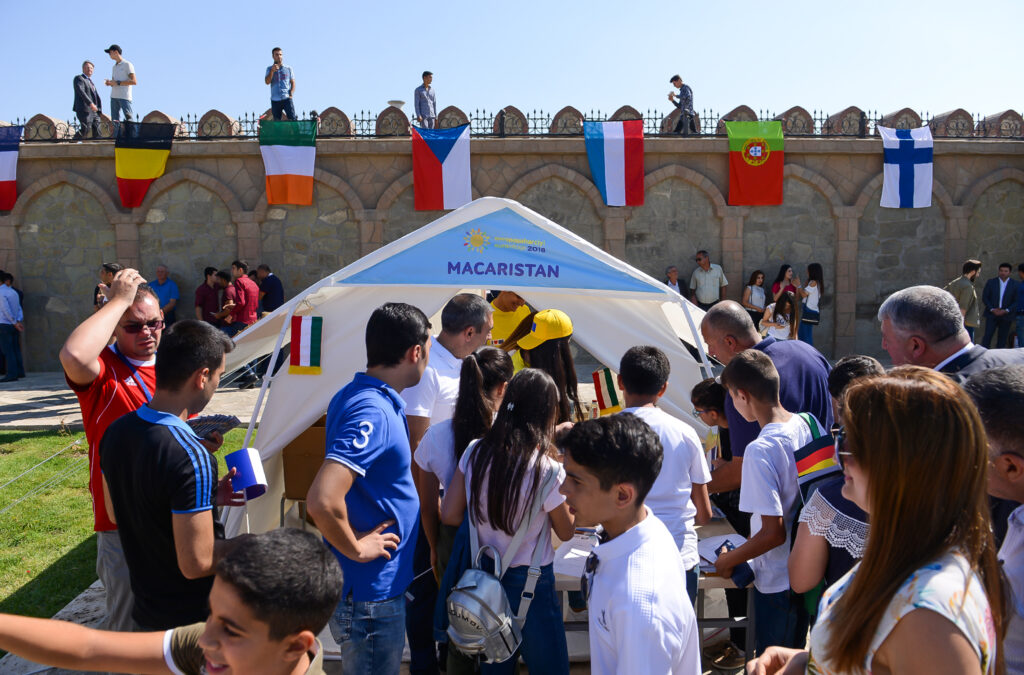 День Европы в Нахчыване, 2018 г.
День Европы в Нахчыване, 2018 г.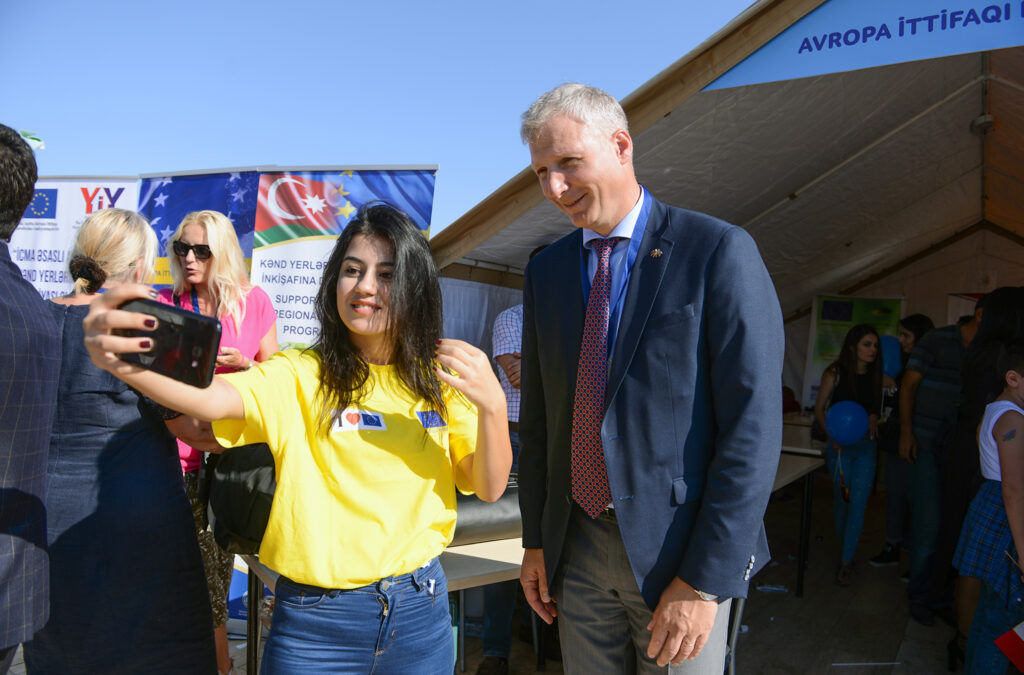 День Европы в Нахчыване, 2018 г.
День Европы в Нахчыване, 2018 г.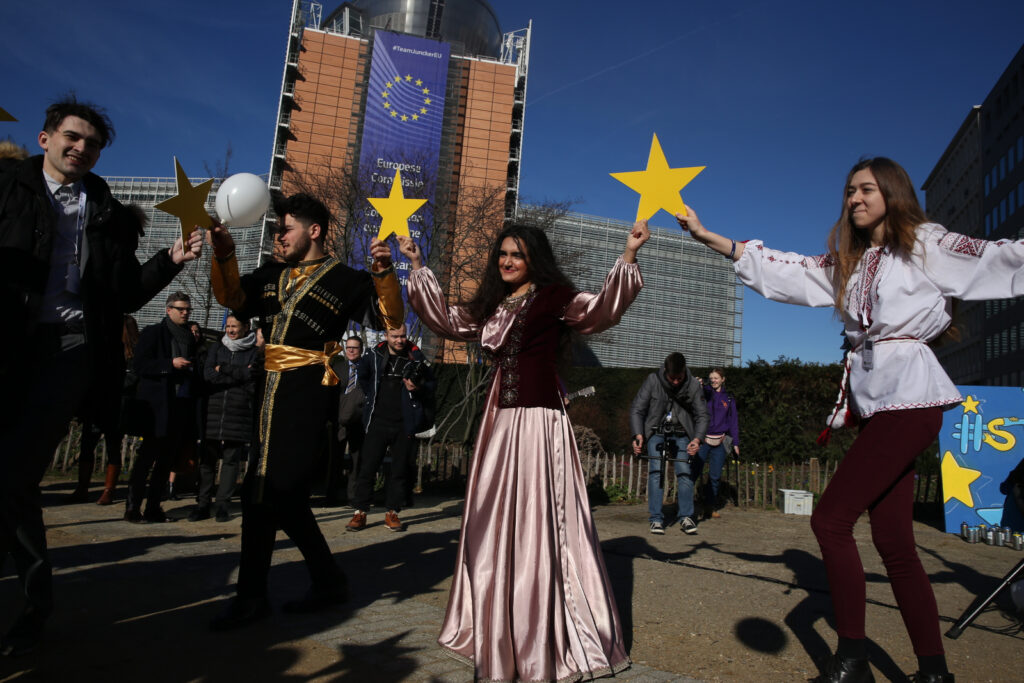 Eastern Partnership initiative celebrates 10th anniversary this year
Eastern Partnership initiative celebrates 10th anniversary this year
One of the most significant stages in the rapprochement of Baku and Brussels was the easing of visa regulations in 2014. As a result of the changes made, Azerbaijani citizens need fewer documents to gain a short-term Schengen visa, and the review process has become shorter. The two parties are now also close to finalising negotiations on a common airspace agreement. This will create equal opportunities for various international airlines to work in Azerbaijan.
A wide range of areas of coordination, as well as significant ambitions on both sides, have pushed Baku and Brussels towards the need to update the legalities of their cooperation. It is tentatively called the Partnership and Cooperation Agreement, and is intended to be a modern and comprehensive alternative to the 1996 agreement between the parties. The completion of negotiations may take place at the international conference in Brussels, dedicated to the 10th anniversary of the EaP, in mid-May. In recent months, both parties have publicly stated that the document is nearing completion, and according to Jankauskas, work is currently underway to complete it as soon as possible.
“Yes, both parties want to complete the negotiations as soon as possible, but we cannot delete inconsistent points from the document for the sake of speed. The content of the agreement is an extremely important aspect, because this is our foundation for the future.”
Under the initiative of the EaP programme, a great number of smaller projects in various sectors, along with energy and transport, were implemented in Azerbaijan. The four policy areas of the highest priority for the EU are education and youth development, healthcare, rural development, and support to small and medium-sized businesses.
“In Europe, we consider education a basis for the development of human capital. I think that no one will argue that good education is the best thing we can give to our children,” states Ambassador Jankauskas.
The Erasmus+ higher education programme, which includes various inter-university exchange programmes and methods of cooperation, has become the EU’s hallmark. According to Ambassador Jankauskas, over the past ten years, 30,000 students and teachers from EaP countries have been involved in the programme, and around €20 million is allocated for this purpose annually.
Last year, the European EaP School began operating in Tbilisi. Open to students aged 16 and 17 from all six partner countries, at the end of a two-year course of study graduates receive an internationally recognised bachelor’s degree in European Studies. Several students from Azerbaijan are already studying there, and there are Azerbaijani students amongst those applying for next year.
Extensive work is also being done to restore Vocational Education and Training (VET) in Azerbaijan, for which the EU allocated €19 million between 2016 and 2020. Less than 11% of high school graduates get vocational education and training in the country, according to the EU, while the average in Europe is between 40% and 60%. The ambassador argues that due to this, there is an acute shortage of skilled workers in the country.
Another educational project in 2018 involved the development of the National Qualifications System, which will eliminate inconsistencies between specialties and qualifications on the one hand, and labour market needs on the other, as well as creating opportunities for lifelong learning.
“It is very important to understand which professions the country will need in five to ten years, in what quantity and [with] what qualifications, and how to prepare the necessary educational programmes. Thus, the labour market will be provided with representatives of all of the necessary professions and specialisations in sufficient quantities,” states Jankauskas.
Healthcare, like education, provides the opportunity for investments into the development of human capital. With this in mind, since August 2017 a unique pilot project is being implemented in the three central regions of Azerbaijan (Mingachevir, Yevlakh and Agdash) – to introduce a system of compulsory medical insurance.
“This is a truly unique experience for Azerbaijan. All three hospitals are fully equipped and provided with medical staff, and residents of pilot districts can get medical care here absolutely free of charge,” said the ambassador, adding that if the person was visiting the hospital without a referral from a polyclinic, a doctor’s visit would cost AZN 3 (€1.60).
Jankauskas asserts that “according to the doctors, as people [have] learned about the opportunity to visit a specialist for free, the number of requests has increased threefold.”
Today, many people in the country cannot afford healthcare. It is especially difficult for residents of rural regions, where income levels are much lower than in the capital. According to the ambassador, the project is being implemented at the expense of state financing, with the EU providing consulting assistance. Specialists from France and Lithuania work in pilot regions to test different models of medical insurance, and Azerbaijan chooses the most suitable option.
“The project demonstrates good performance, and today we are faced with the task of developing a mechanism with the help of which this model can be distributed throughout the country. There is a great interest in this from the state. The only question is the timing, and some nuances.”
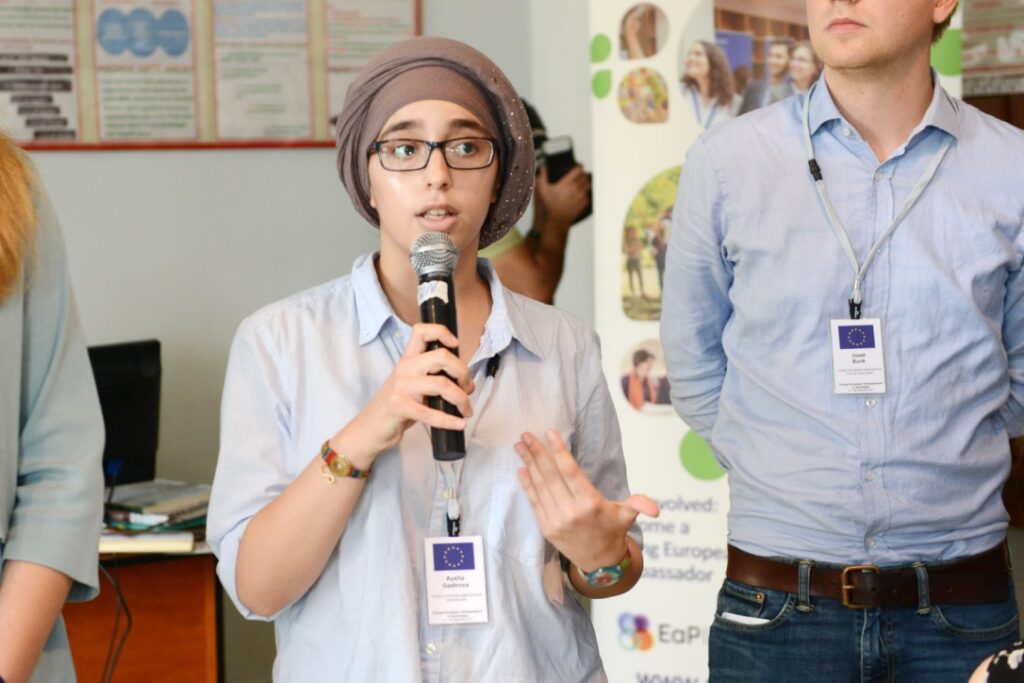 EU actively engages youth in projects and activities it supports in Azerbaijan
EU actively engages youth in projects and activities it supports in Azerbaijan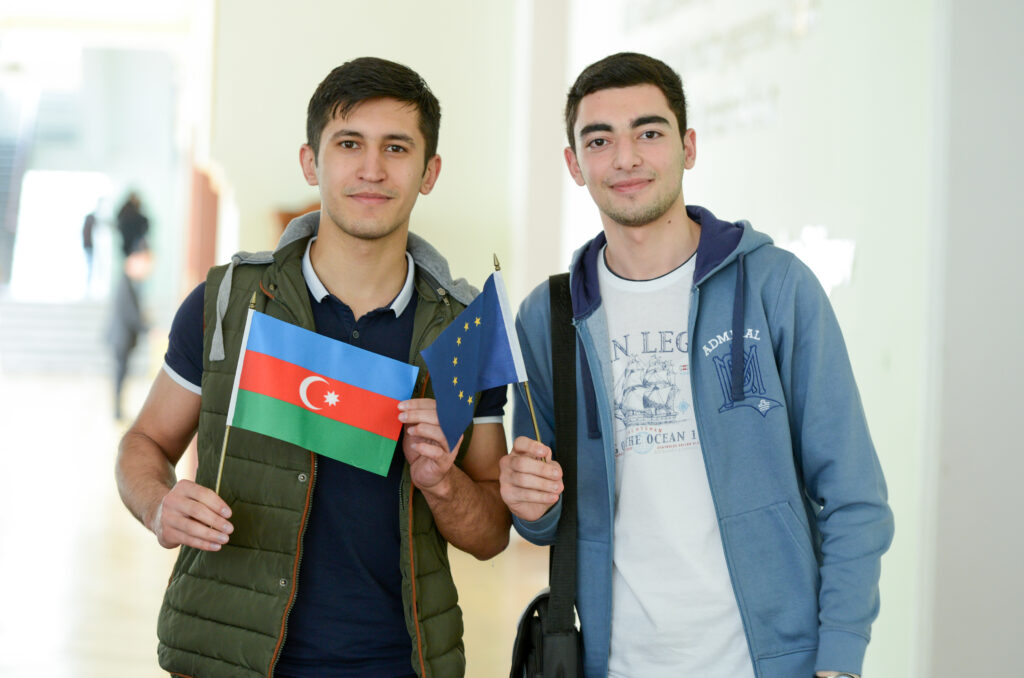 EU actively engages youth in projects and activities it supports in Azerbaijan
EU actively engages youth in projects and activities it supports in Azerbaijan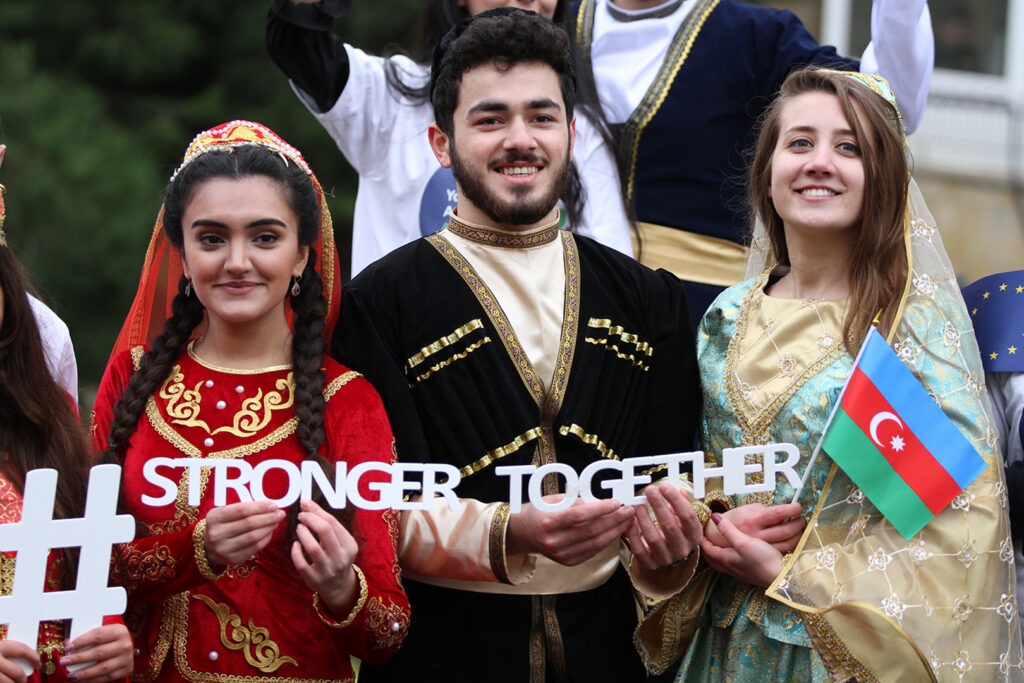 Young European Ambassador from Azerbaijan – one of the youth initiatives supported by EU in the country
Young European Ambassador from Azerbaijan – one of the youth initiatives supported by EU in the country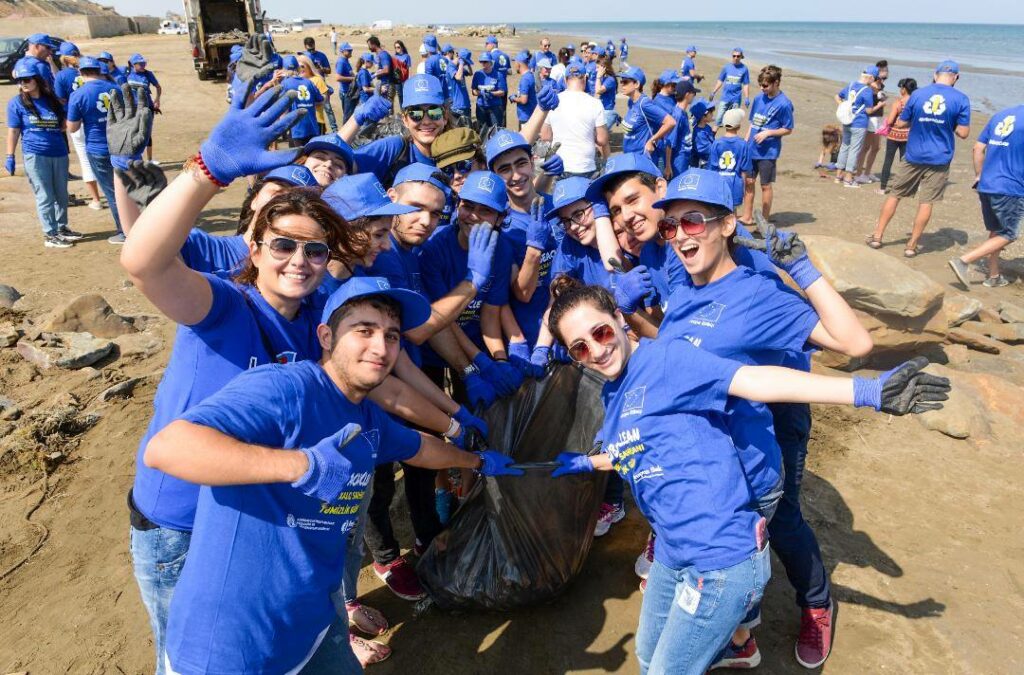 EU actively engages youth in projects and activities it supports in Azerbaijan
EU actively engages youth in projects and activities it supports in Azerbaijan
The EU’s contribution to the regional development of Azerbaijan is reflected in numerous projects which provide support to small and medium-sized businesses in rural areas. These businesses are mainly family-owned, and based on traditional production. Ambassador Jankauskas stresses the importance of the rural regions of Azerbaijan, where a huge number of people have skills in the production of traditional foods, national sweets, handicraft products, carpet weaving, and so on, handed down from generation to generation:
“In Europe, small and medium businesses represent the backbone of the economy, producing up to 60% of the GDP and being responsible for economic development […] Over the past ten years, the European Union has supported more than 70,000 small enterprises in the six EaP countries, thanks to which more than 28,000 new jobs were created.”
For such projects, EU support mainly consists of providing families with the necessary equipment and basic accounting skills, as well as assisting in product sales.
“Sometimes people need only a little support to start their own business. Therefore, we should not forget that even small investments can bring significant benefits and profits,” states the Ambassador. He hopes that the development of family-run, authentic farms will attract the interest of tourists, in turn contributing to the economic development of the regions;
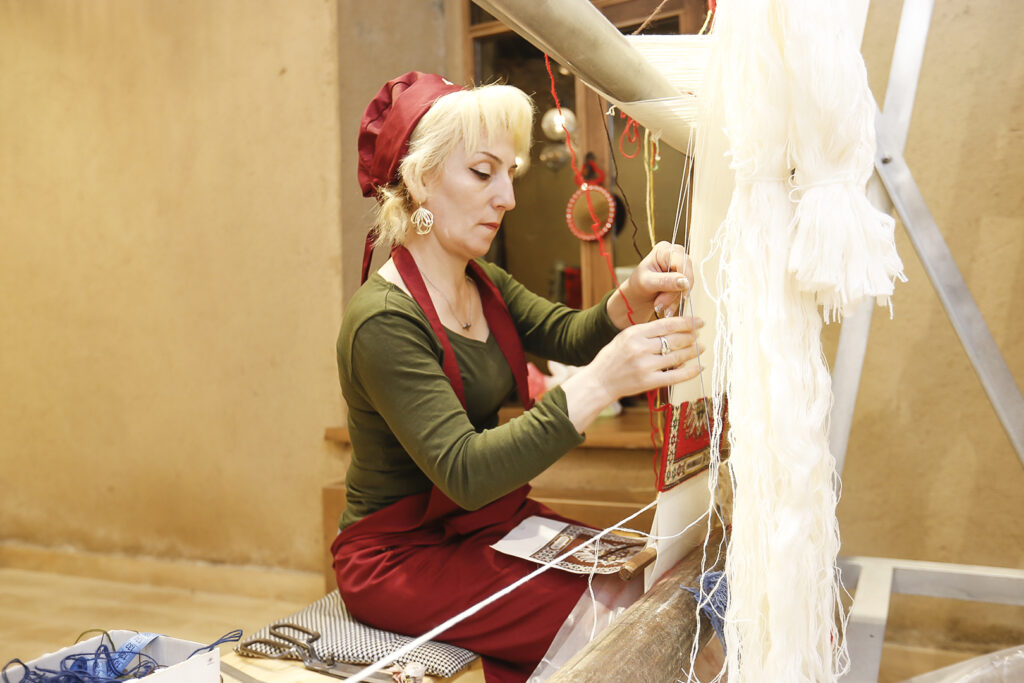 EU supports small family businesses in rural areas of Azerbaijan
EU supports small family businesses in rural areas of Azerbaijan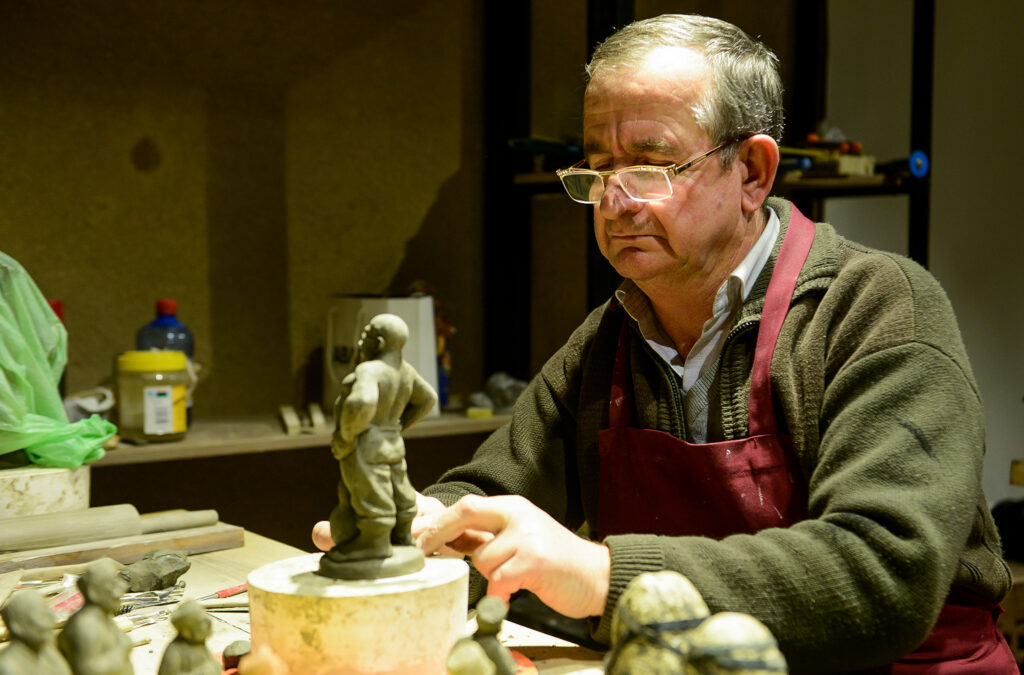 EU supports small family businesses in rural areas of Azerbaijan
EU supports small family businesses in rural areas of Azerbaijan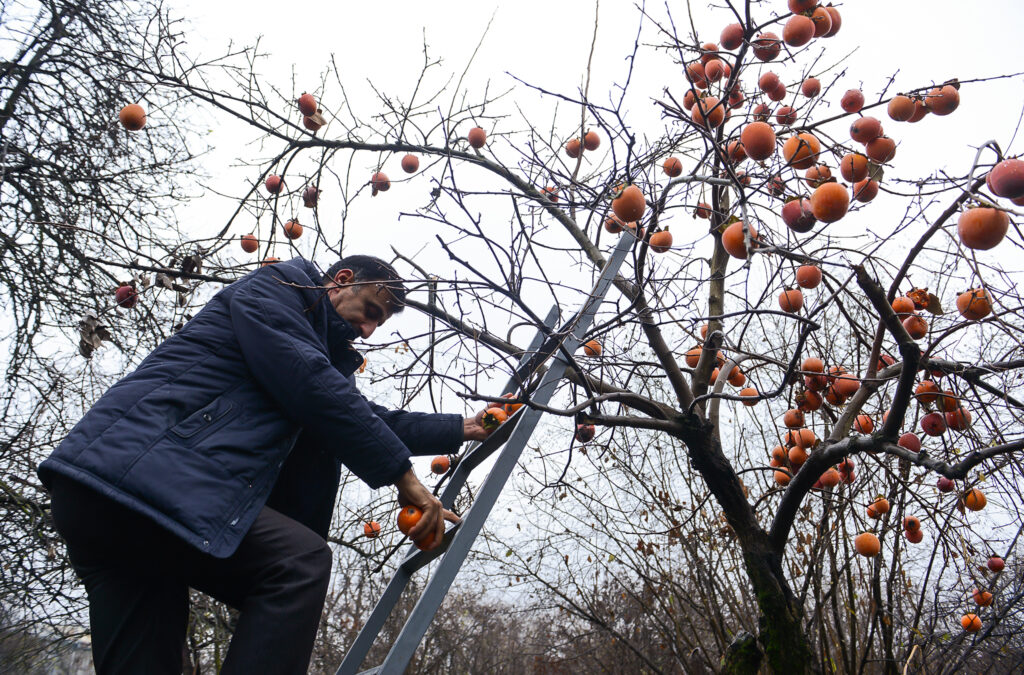 EU supports small family businesses in rural areas of Azerbaijan
EU supports small family businesses in rural areas of Azerbaijan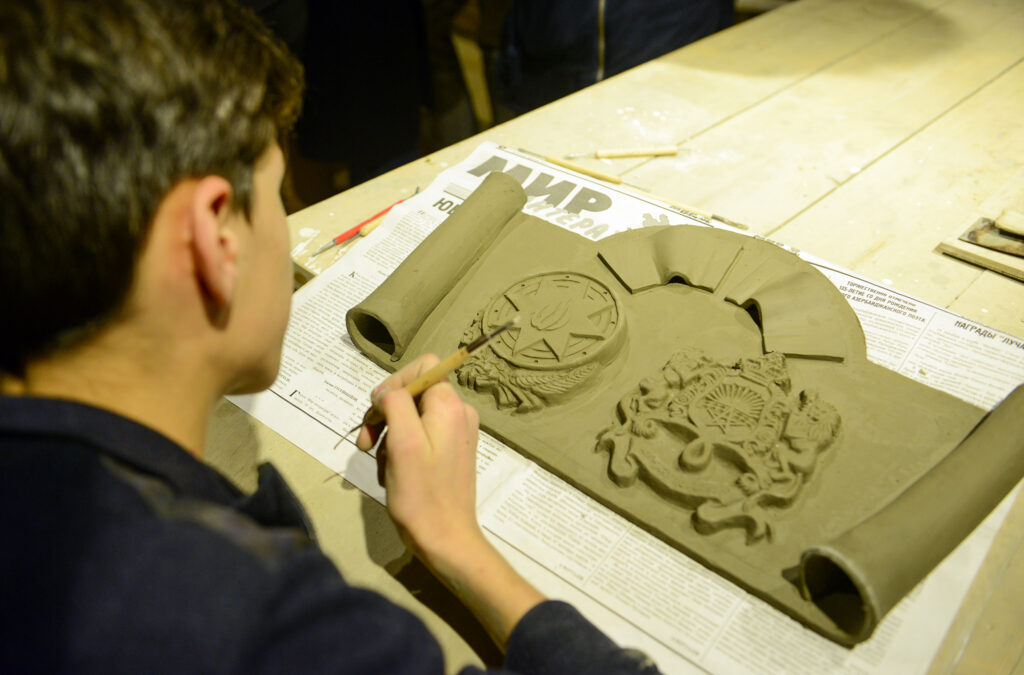 EU supports small family businesses in rural areas of Azerbaijan
EU supports small family businesses in rural areas of Azerbaijan
“Our goal is to develop a regional development plan to attract travellers, make them not just drive through, but stop, try local dishes, buy local wine, look into a museum or purchase a hand-made souvenir to remember. This is interesting for the travellers and will provide support to local small businesses.”
The EU also contributed to the creation of an Agency for the Development of Small and Medium-sized Enterprises in Azerbaijan. While supporting cooperation with the agency, the EU offers best practices in the field of small and medium-sized entrepreneurship in the country. The agency is active nationwide.
In all of the development projects in Azerbaijan, the EU focuses on two categories of citizens; refugees and internally displaced persons, who are more affected by the Nagorno-Karabakh conflict and the female population of rural areas, which is also a huge unused potential of the country.
Author: Elena Ostapenko
Article published in Azerbaijani and Russian by 1news.az
MOST READ
SEE ALSO

No, time is not on Russia‘s side
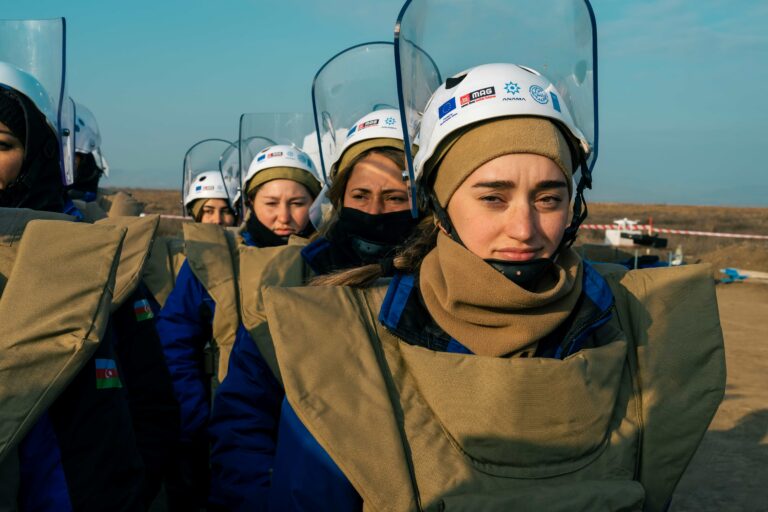
I have no regrets: the Azerbaijani women trained to clear mines
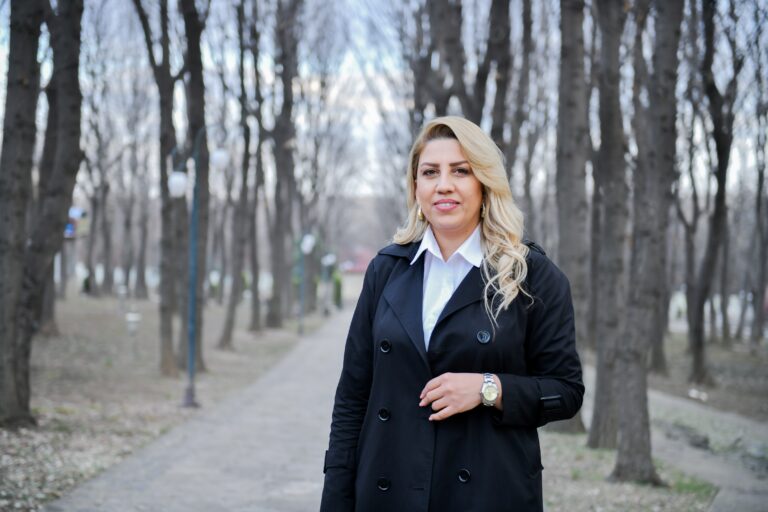
Turning a hobby into business: how Vusala Akhmadova from Tovuz helps women and children develop

Be one step ahead of a hacker: check simple cybersecurity tips!
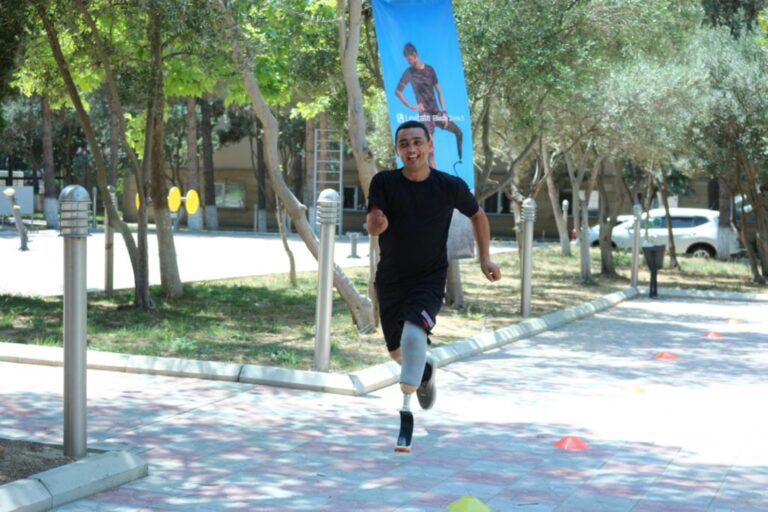
A chance for a better life: restoring justice for people with disabilities in Azerbaijan
More campaign pages:
Interested in the latest news and opportunities?
This website is managed by the EU-funded Regional Communication Programme for the Eastern Neighbourhood ('EU NEIGHBOURS east’), which complements and supports the communication of the Delegations of the European Union in the Eastern partner countries, and works under the guidance of the European Commission’s Directorate-General for Neighbourhood Policy and Enlargement Negotiations, and the European External Action Service. EU NEIGHBOURS east is implemented by a GOPA PACE-led consortium. It is part of the larger Neighbourhood Communication Programme (2020-2024) for the EU's Eastern and Southern Neighbourhood, which also includes 'EU NEIGHBOURS south’ project that runs the EU Neighbours portal.

The information on this site is subject to a Disclaimer and Protection of personal data. © European Union,







